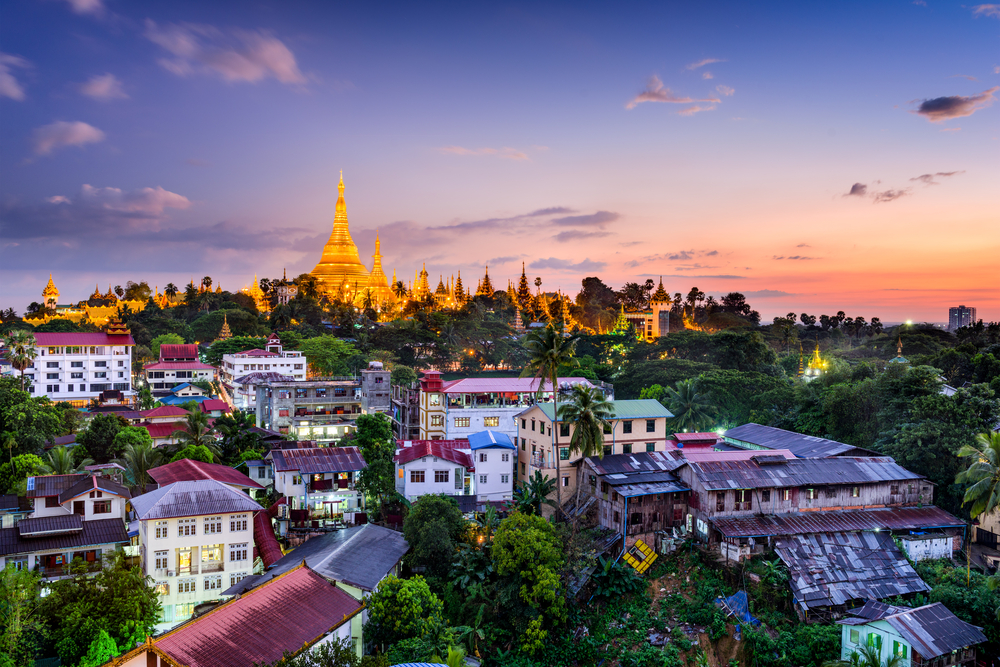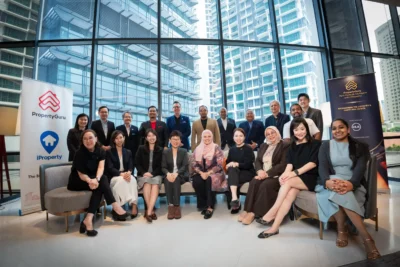Myanmar plans to legalise its informal economy
The proposed tax amnesty program is designed to improve the economy and attract more real estate investors
In an attempt to rally undeclared funds and spark real estate investment activity in the nation’s slow economy, Myanmar government has enforced a new tax amnesty program, Asia Times reports.
The program aims to lower tax rates for concealed revenues, from 15-30 percent to as low as 3 percent. The basic tax rate will be applicable to individuals with undeclared earnings of up to MMK100 million (USD66,000), 5 percent for funds of up to MMK300 million (USD200,000), 10 percent for MMK3 billion (USD2 million), and 30 percent for over MMK3 billion.
To qualify for the tax amnesty program, the government stresses that all undeclared income must have been earned from justifiable trades, including undeclared property rentals.
More: 10,000 low-cost homes up for grabs in Myanmar, thanks to Malaysian developer
“The tax revenue collected as a result can then be used to promote investment and consumption and push for more development in the current economic slowdown,” Deputy Finance Minister Maung Maung Win told parliament.
By 2020-21, the World Bank predicts the nation’s gross domestic product (GDP) to reach 6.6 percent, sustained by an increase in global and local real estate investments.
“Should the tax amnesty be successful in generating more property transactions, it would not only be beneficial for the real estate market, but also for the government’s ability to raise revenue,” said Hugo Slade, managing director of Yangon-based Slade Property Services.
Having received multiple valuation and acquisition interests from global investors himself, Slade adds that “The condominium market is most likely to receive the largest share of this new capital due to the lack of supply of viable alternatives and the historical preference of Myanmar investors.”
Recommended
6 reasons Bekasi is rising as Greater Jakarta’s next hotspot
One of Greater Jakarta’s rising stars is prospering, thanks to ample recreation and a contingent of desirable housing projects
6 developments driving Asia’s green real estate shift
Developers are being incentivised to push a green agenda into daring new realms
The Philippines’ LIMA Estate drives sustainable industrial growth
LIMA Estate models a citywide vision that uplifts workers while appealing to climate-conscious employers
Malaysia property market rebounds with foreign interest and growth
The nation’s property market is stirring to life, fuelled by foreign buyers and major infrastructure drives








